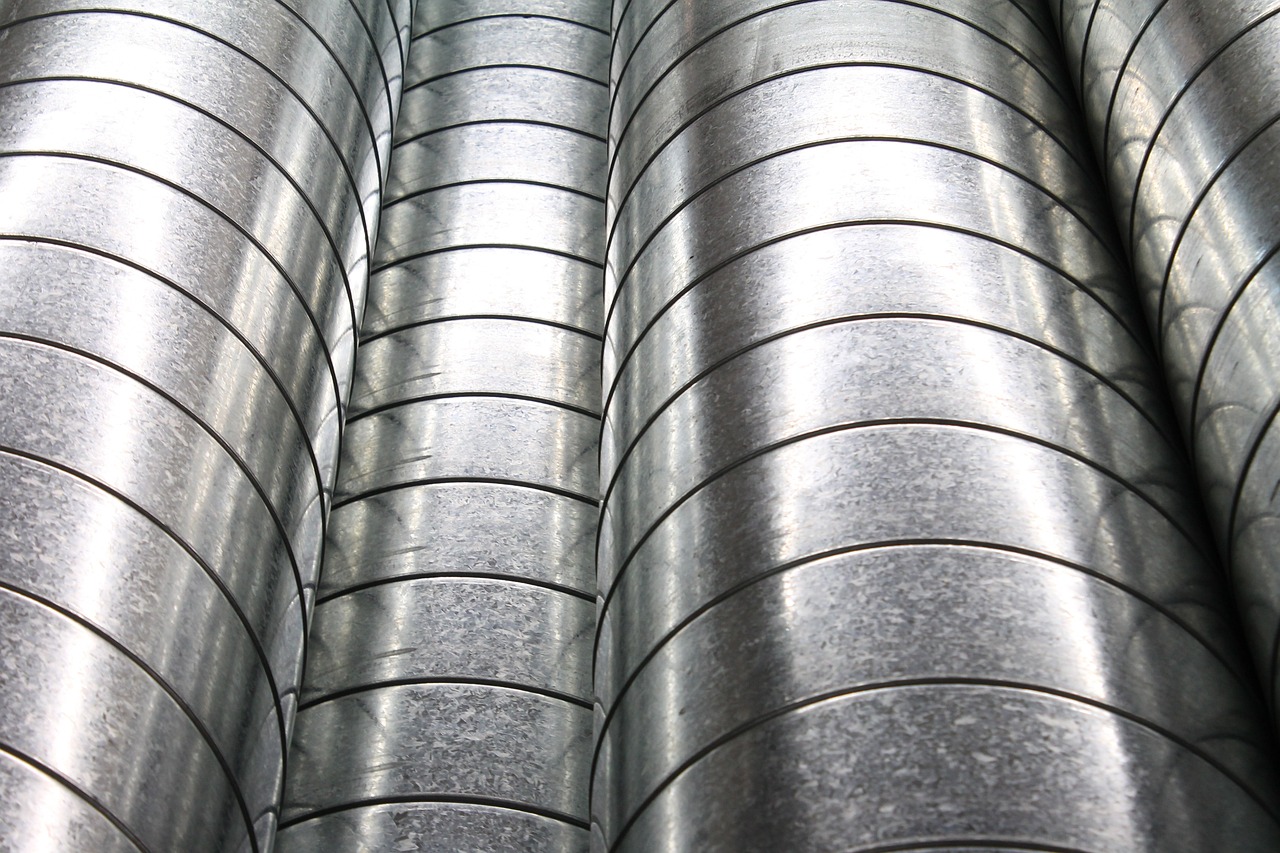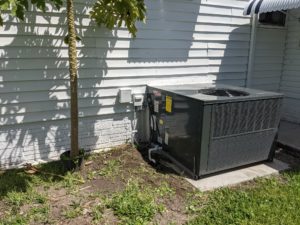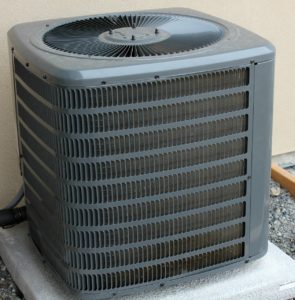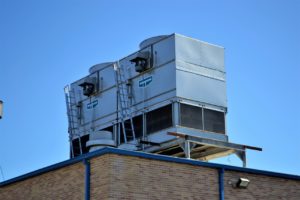Flexible Vs. Rigid systems

Flexible vs. Rigid systems: Which is Better for Your Home’s Air Conditioning System?
When it comes to air conditioning systems, one of the most important components is ductwork. Ductwork is the network of tubes that distribute the cool air from the air conditioning system throughout your home. When it comes to choosing ductwork for your home, there are two main options: flexible ducts and rigid ducts. The Flexible vs. Rigid Systems post, will explore the differences between these two types of ducts and help you decide which is better for your home’s air conditioning system.
Flex Ducts
Flexible ducts are made of a thin, flexible plastic or metal material. They are usually made up of a wire coil that is covered in a plastic or metal jacket. The flexibility of the material makes it easy to install in tight spaces and around obstacles. Flexible ducts are often used in areas where rigid ducts are not practical, such as in attics or crawl spaces.
Advantages
One of the main advantages of flexible ducts is their ease of installation. Because they are flexible, they can be easily maneuvered into place without the need for additional tools or equipment. This can save time and money during installation.
Another advantage of flexible ducts is that they are less likely to leak than rigid ducts. The flexible material conforms to the contours of the space, reducing the chances of air leakage. Additionally, because they are made of lightweight materials, they are less likely to put a strain on the air conditioning system.
Disadvantages
However, there are some disadvantages to using flexible ducts. One of the main drawbacks is that they are more susceptible to damage from pests and rodents. The thin material can be easily chewed through, as a result allowing pests to enter the ductwork and potentially causing damage to the air conditioning system. Flexible ducts can also be more difficult to clean than rigid ducts, which can lead to poor indoor air quality if they are not properly maintained.
Rigid Ducts
Rigid ducts, on the other hand, are made of more durable materials, such as sheet metal or fiberglass. They are typically used in areas where the ducts will be visible, such as in basements or utility rooms. Rigid ducts are available in a variety of shapes, including rectangular and circular, and can be customized to fit specific spaces.
Advantages
One of the main advantages of rigid ducts is their durability. They are less likely to be damaged by pests or rodents, they can be cleaned more easily than flexible ducts. Additionally, because they are made of heavier materials, they are less likely to vibrate or make noise during operation.
Disadvantages
However, there are some disadvantages to using rigid ducts. One of the main drawbacks is that they can be more difficult to install than flexible ducts. They require additional tools and equipment to cut and shape the material, which can add to the cost of installation. Additionally, because they are rigid, they may not be able to fit into tight spaces or around obstacles as easily as flexible ducts.
Which duct system is Better for Your Home?
In conclusion, When it comes to choosing between flexible ducts and rigid ducts for your home’s air conditioning system, there is no one-size-fits-all answer. Both types of ducts have their advantages and disadvantages, and the best choice for your home will depend on your specific needs and preferences.
If you are looking for a ductwork option that is easy to install and less likely to leak, flexible ducts may be the way to go. However, if you are looking for a more durable option that is easier to clean and less likely to be damaged by pests, rigid ducts may be a better choice.

How to Choose the Right Company for Your AC Installation
How to Choose the Right Company for Your AC Installation If you’re in the market for a new air conditioning system, choosing the right company
Span/AC Capacitor
Todo lo que necesita saber sobre los Capacitaores de Aire acondicionado English Cuando se trata de sistemas de aire acondicionado, hay varios componentes que trabajan

Span/The Importance of Finding the Right AC Installation Near You
La importancia de encontrar lainstalacion de aire acondicionado adecuada cerca de usted English Cuando se trata de instalar un nuevo sistema de aire acondicionado en

Span/Air conditioning systems
Sistemas de calefacción, ventilación y aire acondicionado (HVAC) English La comodidad de una casa está muy influenciada por los sistemas de calefacción, ventilación y aire
Articles
- How to Choose the Right Company for Your AC Installation
- Span/AC Capacitor
- Span/The Importance of Finding the Right AC Installation Near You
- Span/Air conditioning systems
- Duct Cleaning Services
- The Importance of Finding the Right AC Installation Near You
- AC Capacitor
- AC Repair -Miami
- Air duct cleaning FAQs
- The Importance of Air Duct Cleaning in Miami
- How Does an Air Conditioning system Operate?
- The Advantages of HVAC Service Agreement Plans for Customers
- The Importance of Duct Cleaning Services
- HVAC Indoor Air Quality: Why It Matters And How To Improve It
- The importance of hiring an HVAC contractor
- How to Choose the Right Air Filter for Your Home’s Air Conditioning System
- 10 Crucial Pointers for preparing your ac for the summer
- Preventative Maintenance
- Flexible vs Rigid Duct system
- Air conditioning systems
- Span/Cómo limpian los conductos nuestros profesionales
- Span/Mitos de limpieza de conductos
- Span/Cómo los ácaros del polvo afectan la calidad del aire
- Span/Limpieza de conductos
